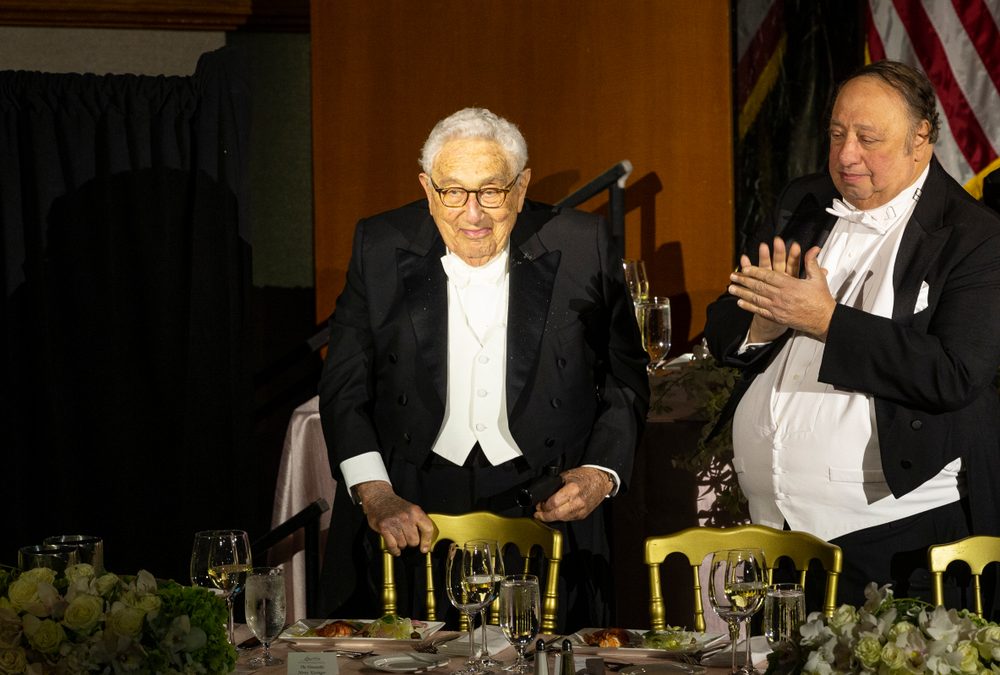
Rescuing Realpolitik from Henry Kissinger
Kissinger is gone. Let’s put to rest his toxic legacy as well by purging geopolitics of his antiquated notions of amorality.

Kissinger is gone. Let’s put to rest his toxic legacy as well by purging geopolitics of his antiquated notions of amorality.
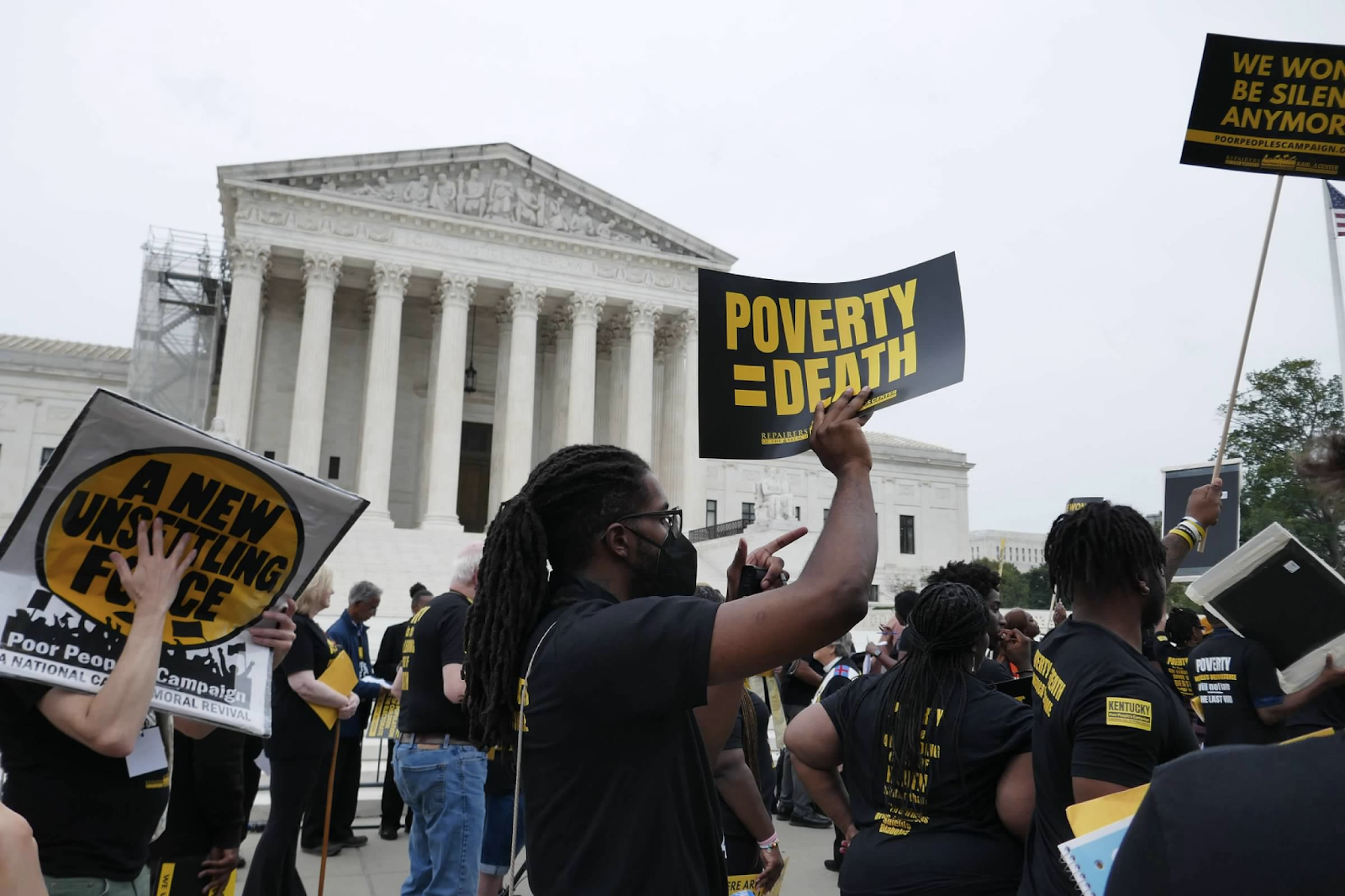
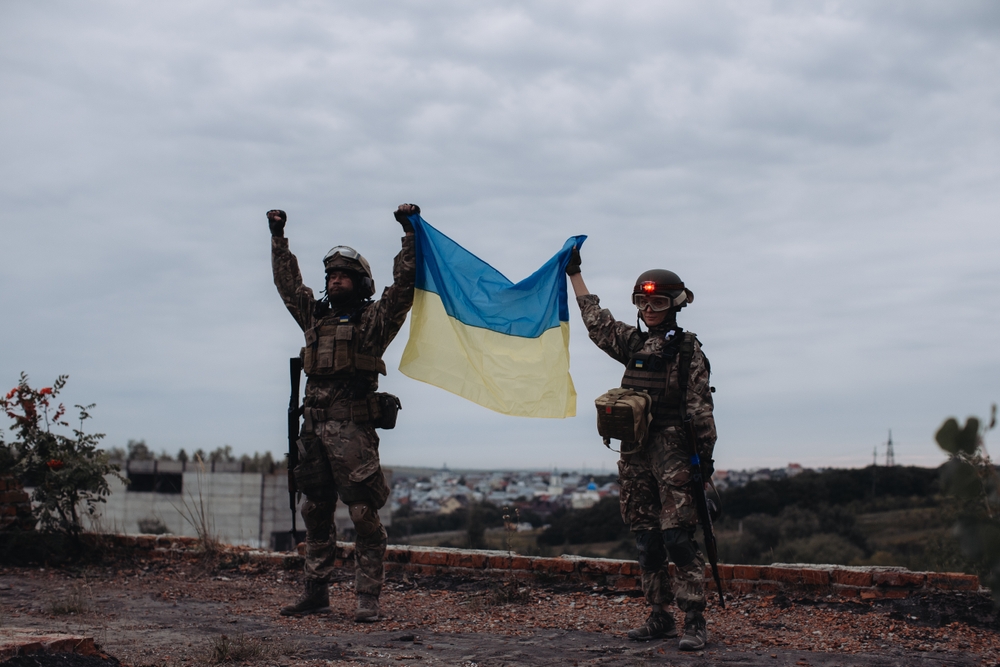
Will the war turn into a stalemate or the crushing defeat of an imperial power?
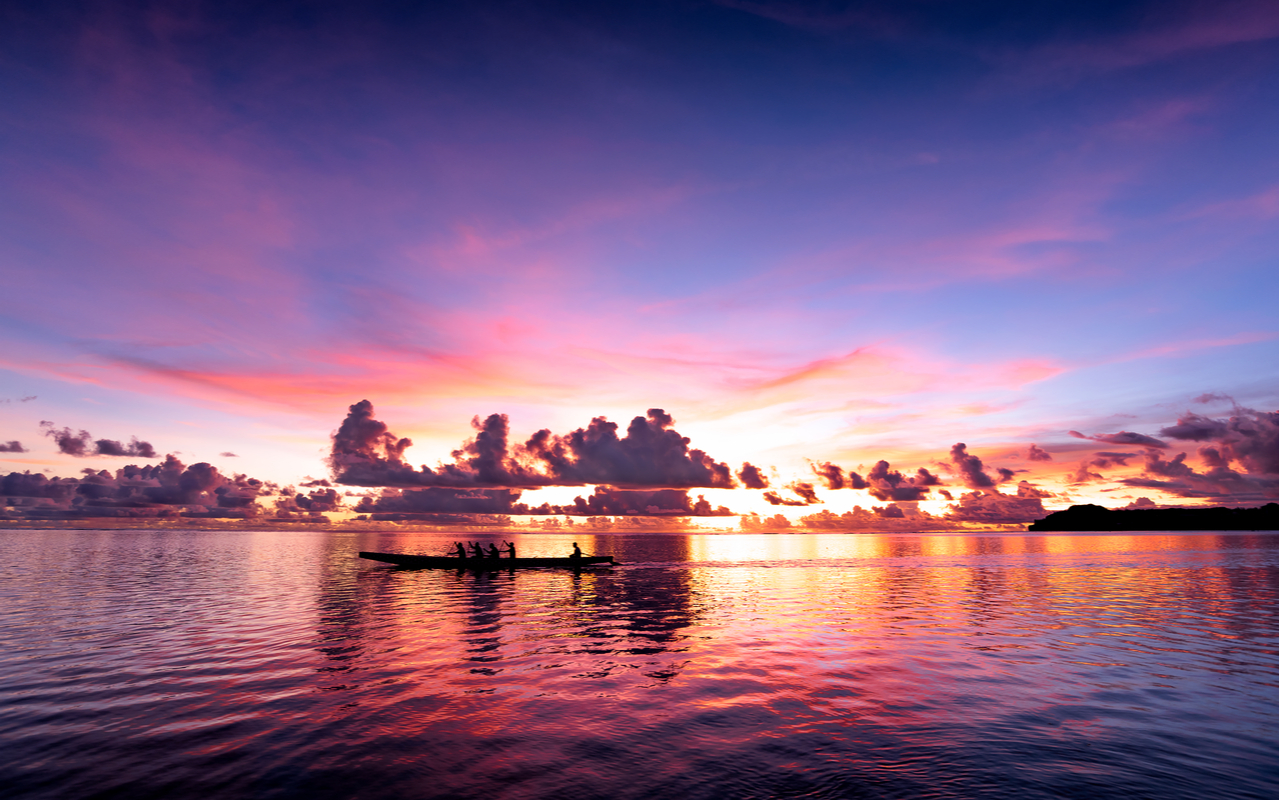
Julian Aguon’s ‘The Properties of Perpetual Light’ is a thoughtful meditation on how, to understand problems at the center of a colonial society, we have to look at the margins.
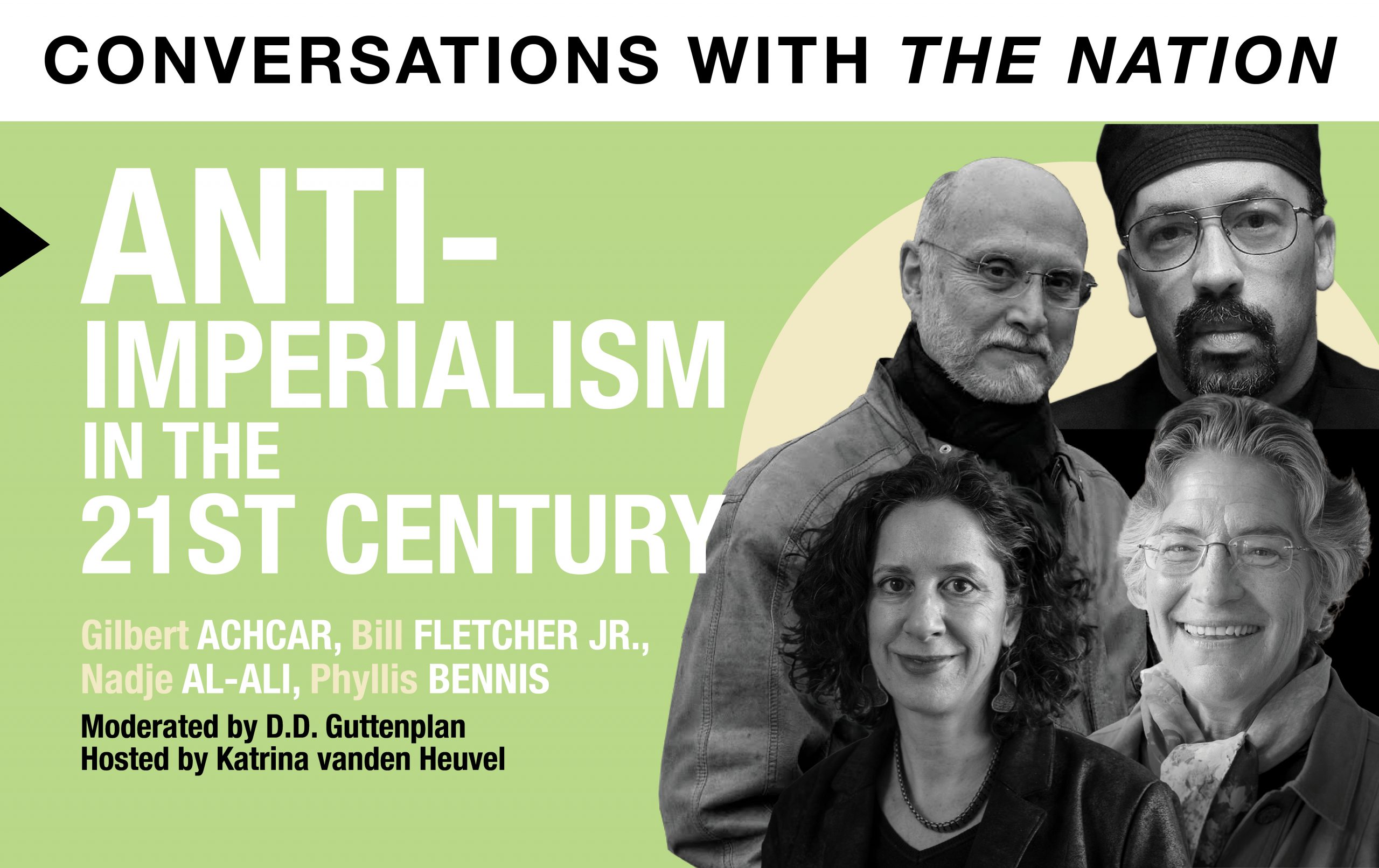
Conversations with The Nation | Anti-Imperialism in the 21st Century
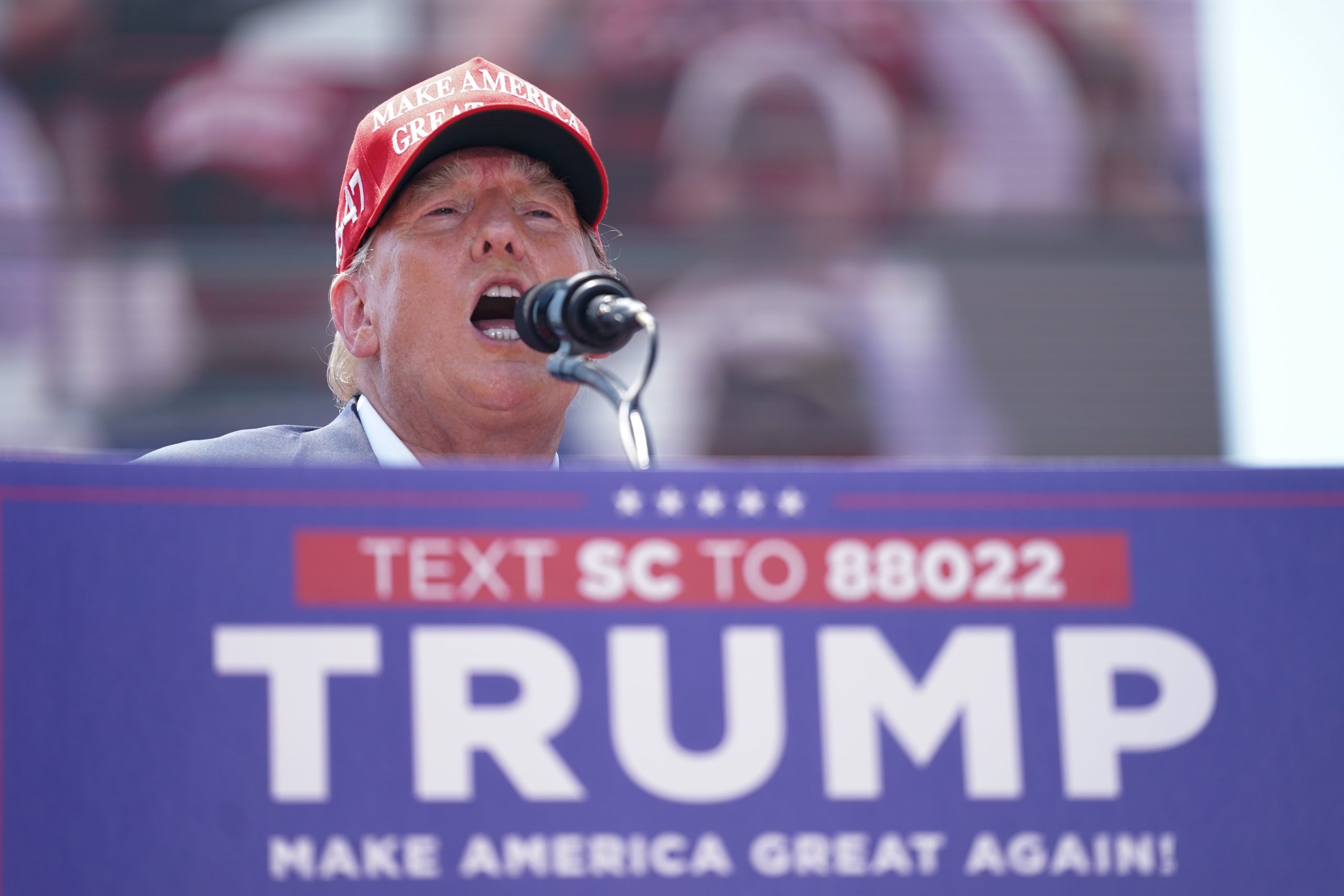
When the Trump White House says that criticizing or boycotting the state of Israel is anti-Semitic and issues an executive order that aims to shut down criticism of Israel, many Jewish people aren’t buying it.
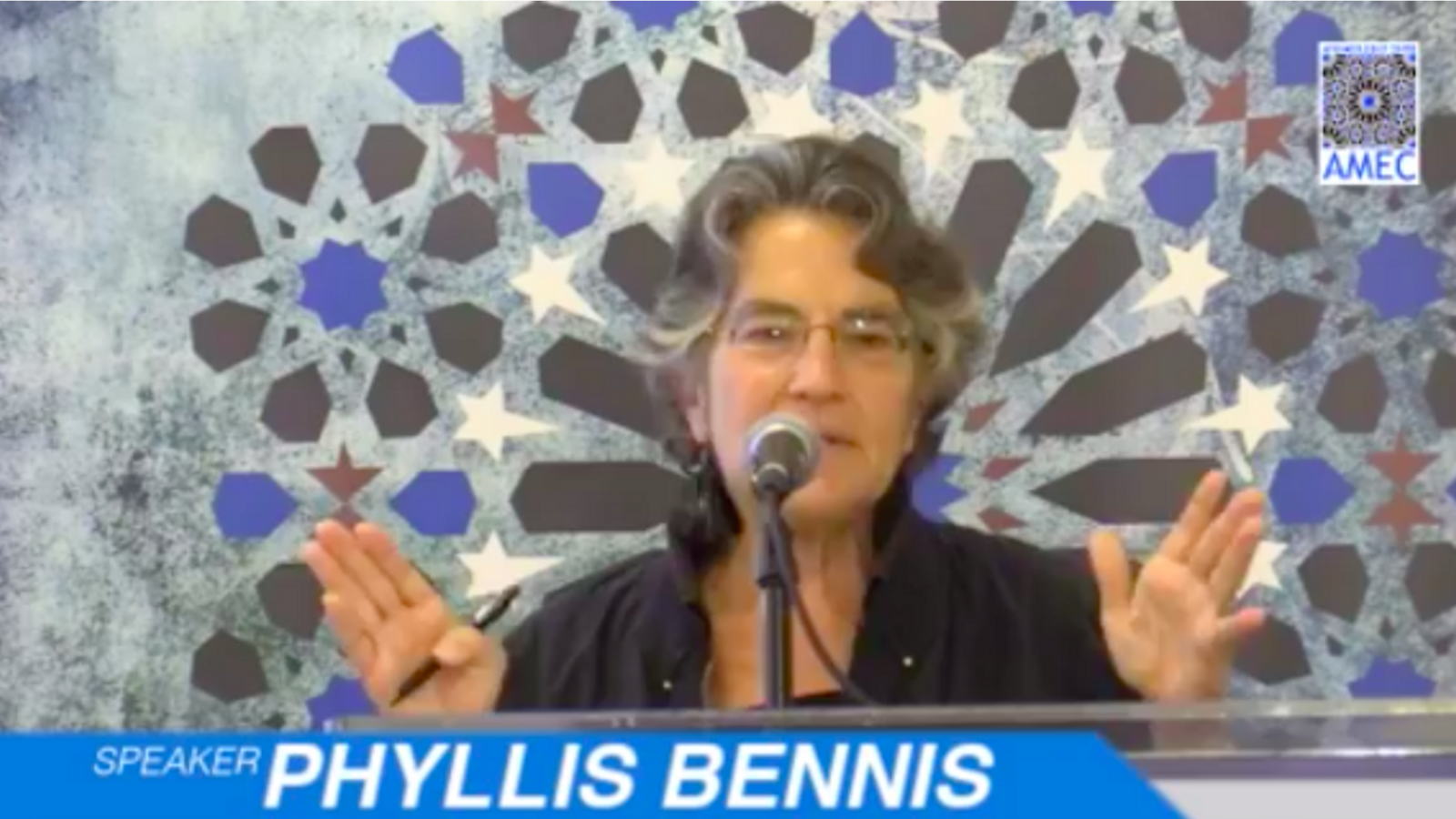
Foreign powers, and the U.S. in particular, have long been entrenched in the Middle East and North Africa region, either directly or through proxies.
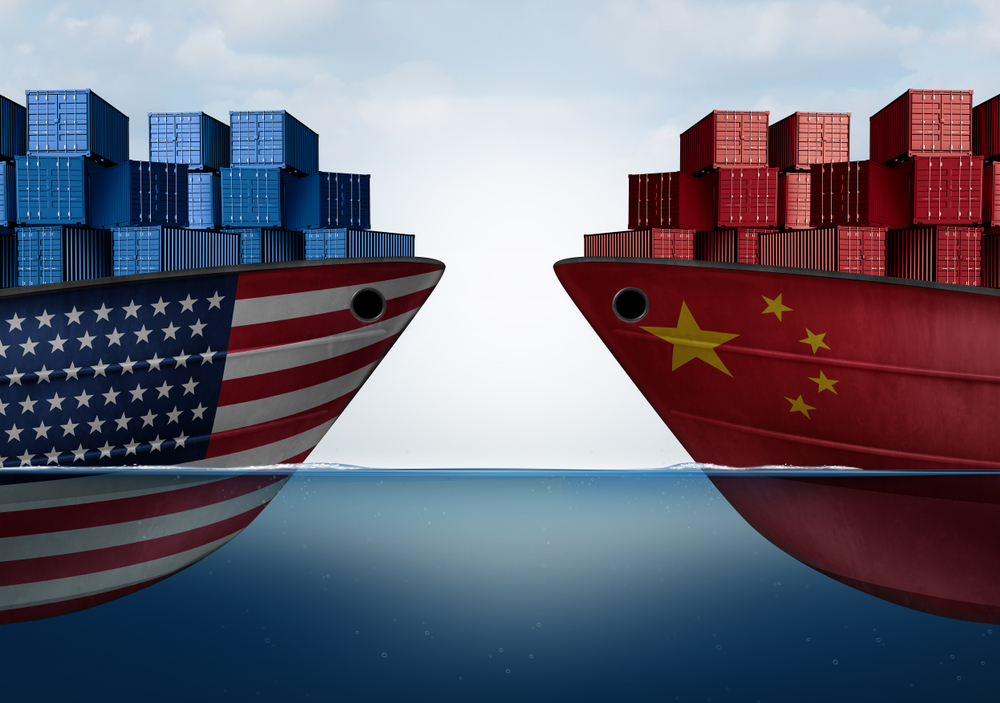
Worsening relations between the two largest economies in the world could lead to disaster.
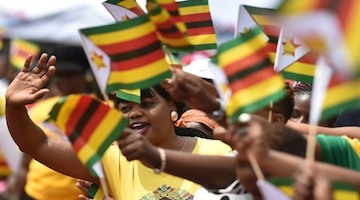
The Virginia Defender hosts IPS’s Netfa Freeman to help participants become better informed about what the Western Empire led by the U.S. is doing in Zimbabwe.

Let’s say the U.S. actually curbed its military adventurism, reeled in the Pentagon budget, and closed its global network of bases. Then what?
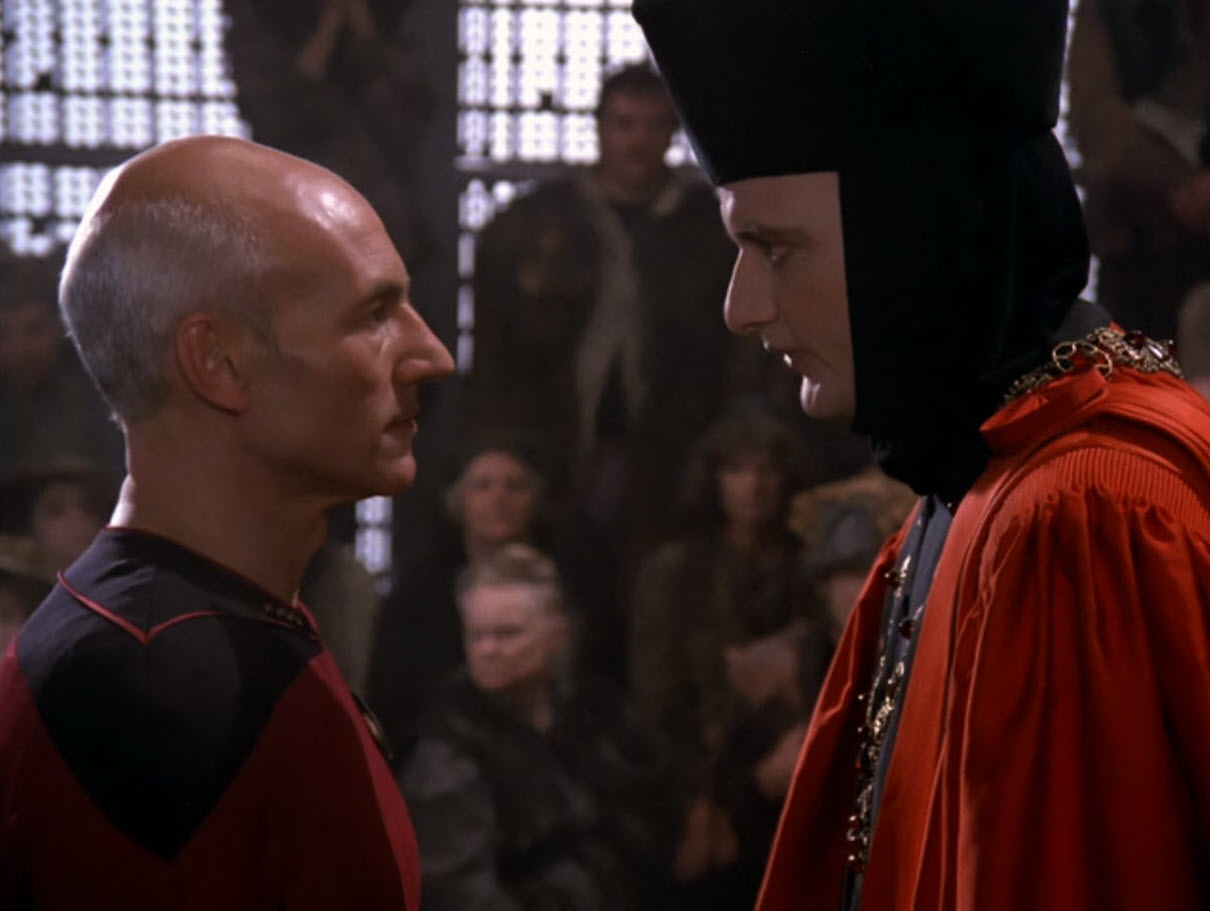
The quintessentially American urge “to boldly go,” regardless of consequence, has gotten humanity into a heap of trouble.
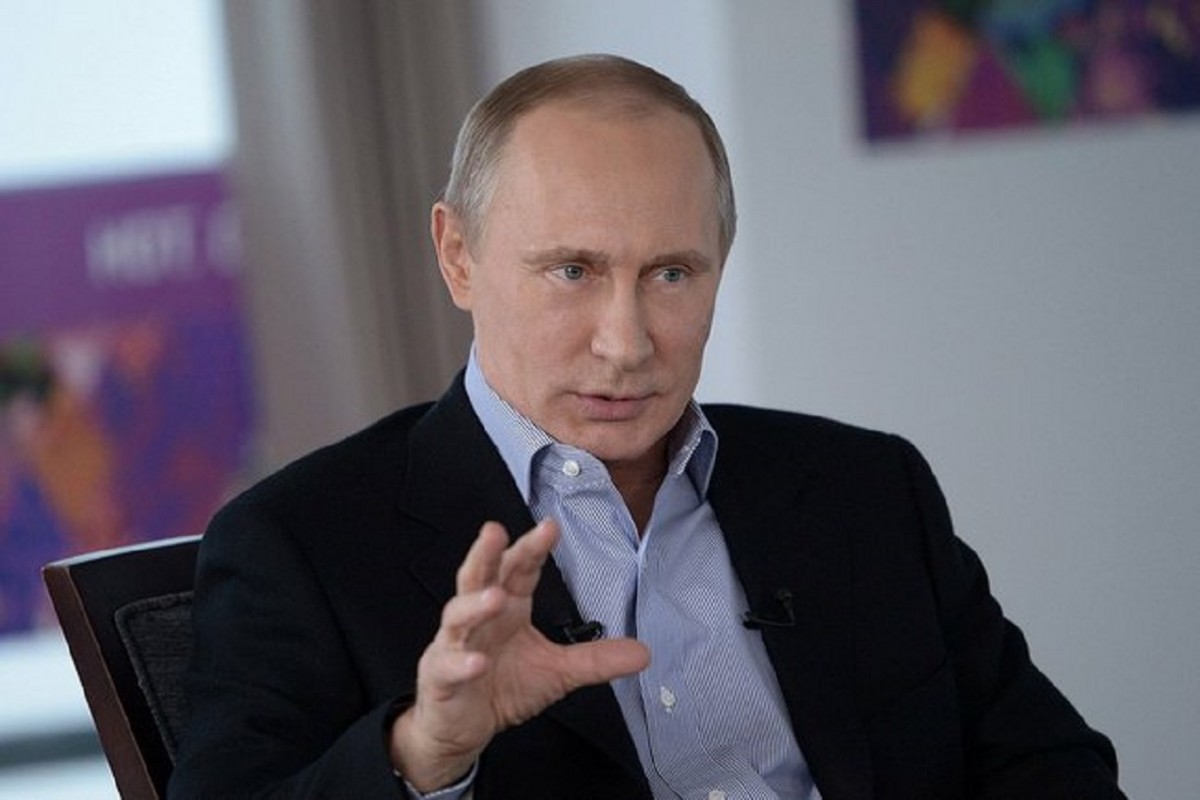
In the post-Cold War era, the right and even some on the left are playing a new game of “Who’s your favorite dictator?”
A weekly roundup of what IPS personalities are talking about.
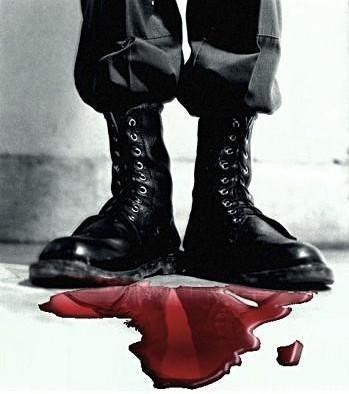
Humanitarian intervention has proven to be an even more valuable propaganda tool than the “war on terror.”
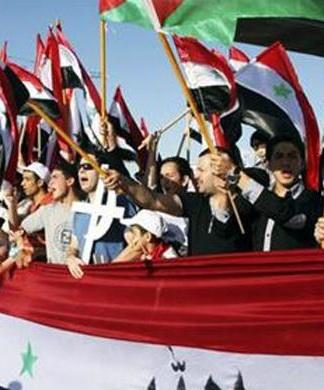
What the civil war in Syria and the Arab Spring have exposed is that the massive political and social transformation and real regime change underway is led by the people themselves, largely without military force and certainly with no role for the United States. U.S. military involvement serves only to escalate the destruction.